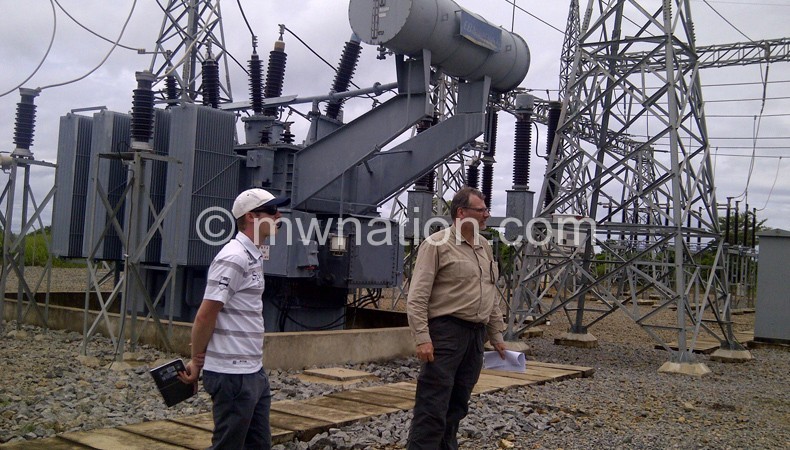Malawi misses out on new MCC compact
Poor governance and failure to tame corruption have cost Malawi eligibility for the second compact of the United States of America (USA) government’s Millennium Challenge Corporation (MCC).
During its December 19 2017 meeting, the MCC board of directors reselected Burkina Faso, Mongolia, Senegal, Sri Lanka and Tunisia to continue their compacts and Timor Leste for a full compact.

Malawi’s eligibility for another compact rested on satisfying a set of 20 indicators in a scorecard, paramount of which was fighting corruption.
While not clearly stating that Malawi’s failure to control corruption resulted in its ineligibility to qualify for the next compact, US Embassy public affairs officer Edward J. Monster said the country should demonstrate “a strong commitment to combatting corruption”.
In the 2016 scorecard, Malawi was in danger of going below the 50 percent mark on control of corruption which would have made it ineligible for another compact, but it scored 57 percent in 2017 under the ruling justly indicator.
Said Monster: “Looking forward, it will be important for the Government of Malawi to show a strong commitment to combatting corruption, especially given the trajectory on the Control of Corruption indicator in recent years.”

He said MCC was strict on examining a country’s commitment to combatting corruption because it undermines economic growth.
However, the recent dubious awarding of 78-megawatts (MW) stand-by diesel-powered electricity generators contract allegedly to a company with links to senior governing party members could have contributed to Malawi failing to qualify for the compact.
Last year, former minister of Agriculture, Irrigation and Water Development George Chaponda and officials at State produce marketer Agricultural Development and Marketing Corporation (Admarc) were embroiled in a maize purchase agreement from Zambia in which Anti-Corruption Bureau found elements of corruption.
But Monster said the selection for a second compact is not automatic and that they are competitive and subject to greater scrutiny for eligibility.
He said: “When considering a second compact, MCC’s Board of Directors looks for successful implementation of the first compact; a commitment to sector reforms; and continued improvement on MCC’s scorecard, especially on issues of Democratic Rights and Control of Corruption.”
Monster said the country could still be considered in the future if it continues to pass MCC scorecard.
Being considered for future compacts would also require the government to complete current infrastructure investments and implement reforms in the power sector.
Escom and Electricity Generation Company (Egenco) have not agreed to electricity tariffs that would allow independent power producers to enter the market.
Reacting to the development, government spokesperson Nicholas Dausi, who is also Minister of Information and Communications Technology, said they would study carefully the benchmarks to qualify for another compact and work on improving them.
He said: “They have outlined certain issues to be worked on. We will go back to the drawing board and study carefully the benchmarks and concerns raised so that we qualify for the next compact.”
Governance commentator Henry Chingaipe said the development was not surprising because the country was regressing on corruption.
“This is a serious indictment that we are not doing well as a country, in fact we are regressing. From 2013, we have not done well on controlling corruption,” he said.
Chingaipe said government was aware of the indicators it had to meet to satisfy the MCC requirements.
Out of 20 indicators in the 2018 scorecard, Malawi failed in five, four of which are on fiscal policy, inflation, regulatory quality, gender in the economy and business start up under the category of economic freedom.
Malawi is currently benefitting from a $350 million investment to improve the energy sector.
The ongoing five-year compact is designed to improve the power generation and transmission infrastructure and will come to an end in September 2018.
To date, the project has seen the restructuring of the power sector to, among others, liberalise generation to include independent power producers feeding into the national grid and creation of Egenco as a power producer with Escom as a single buyer and supplier.





